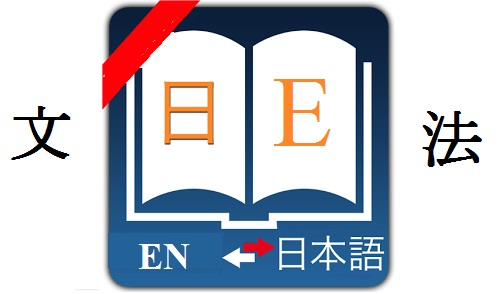Japanese もう…た grammar mou…ta

Let’s learn Japanese もう…た grammar mou…ta :
JLPT level : N5
Formation :
もう+V+た
Meaning and how to use :
Describe something, actions that is happen before other things, action happen.
For example
もう宿題をしました。
Mou shukudai o shi mashi ta.
I had done my homework.
A:「ね、もうご飯を食べましたか。」
B:「いえ、まだ食べません」
ei: ‘ne, mou gohan o tabe mashi ta ka.’
bī: ‘ie, mada tabe mase n’
A: “Hey, have you had dinner yet?”
B: “I, I haven’t”
今日、山田君の家に遊びに行きます。しかし、彼はもう出かけました。
この話もう聞いたよ。
kyou, yamada kun no ie ni asobi ni iki masu. Shikashi, kare ha mou dekake mashi ta.
kono hanashi mou kii ta yo.
Today, I visited Yamada’s house, but he had gone out.
A:「文章を書き終わりましたか。」
B:「もう終わりました。」
ei: ‘bunshou o kakiowari mashi ta ka.’
bī: ‘mou owari mashi ta.’
A: “Have you finished writing the passage?”
B: “I’ve done it”
今朝寝坊して、バス停に早く行った。でも、バスがもう走った。
kon asanebou shi te, basutei ni hayaku itta. Demo, basu ga mou hashitta.
This morning I slept in, so I ran rapidly to the bus, but it had gone.
Note: In question sentence we also use “もう” to ask if the thing has been done or not. If the thing or evens has not been done we use”まだ…ない”
Related structures :
もう mou
もう…だ mou…da
もう…ない mou…nai
もういい mouiii
above is Japanese もう…た grammar mou…ta. if you don’t understand the signs we used in fomation, you can find their meaning here : signs used in Japanese grammar structures.
You can search the structure you want by using the search tool on our website (using key : grammar + ‘structure name’ or you can find more Japanese grammar structures in the following category : Japanese grammar dictionary
